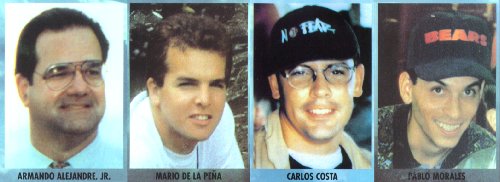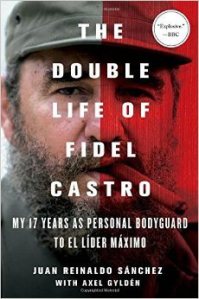Pamela Dockins, Voice of America
STATE DEPARTMENT— The United States has dropped Cuba from its State Sponsor of Terrorism list but the removal does not clear Havana of all U.S. embargoes and statutory restrictions. The State Department announced Friday that Cuba had been removed from the blacklist – a designation that it shared with Iran, Syria and Sudan.
In an April statement, Secretary of State John Kerry said “circumstances have changed since 1982,” when Cuba was put on the list because of its “efforts to promote armed revolution by forces in Latin America.”
But Cuba still faces U.S. restrictions on transactions such as exports and foreign trade because of other punitive measures that remain in place.
“In addition to the State Sponsor of Terrorism designation, there is a web of restrictions and sanctions that have been applied over the years and some of them are unrelated to the State Sponsor of Terrorism designation,” said State Department spokesman Jeff Rathke.
Among them, is the Helms-Burton Act, which includes an embargo and other financial restrictions.
Mixed Views on significance of Cuba’s removal
Cuba’s removal from the list is largely symbolic, said William LeoGrande, a Latin American politics professor at American University. “It is more symbolic than it is practical in the sense that most of the sanctions that fall upon a country that is on the terrorism list already apply to Cuba because of the broader embargo,” he said. But he said the removal was very important to Cuba, as Washington and Havana work to normalize relations.
Feature continues here: Cuba Off State Sponsor List
FILE – The Cuban flag flies in front of the U.S. Interests Section in Havana, May 22, 2015.





